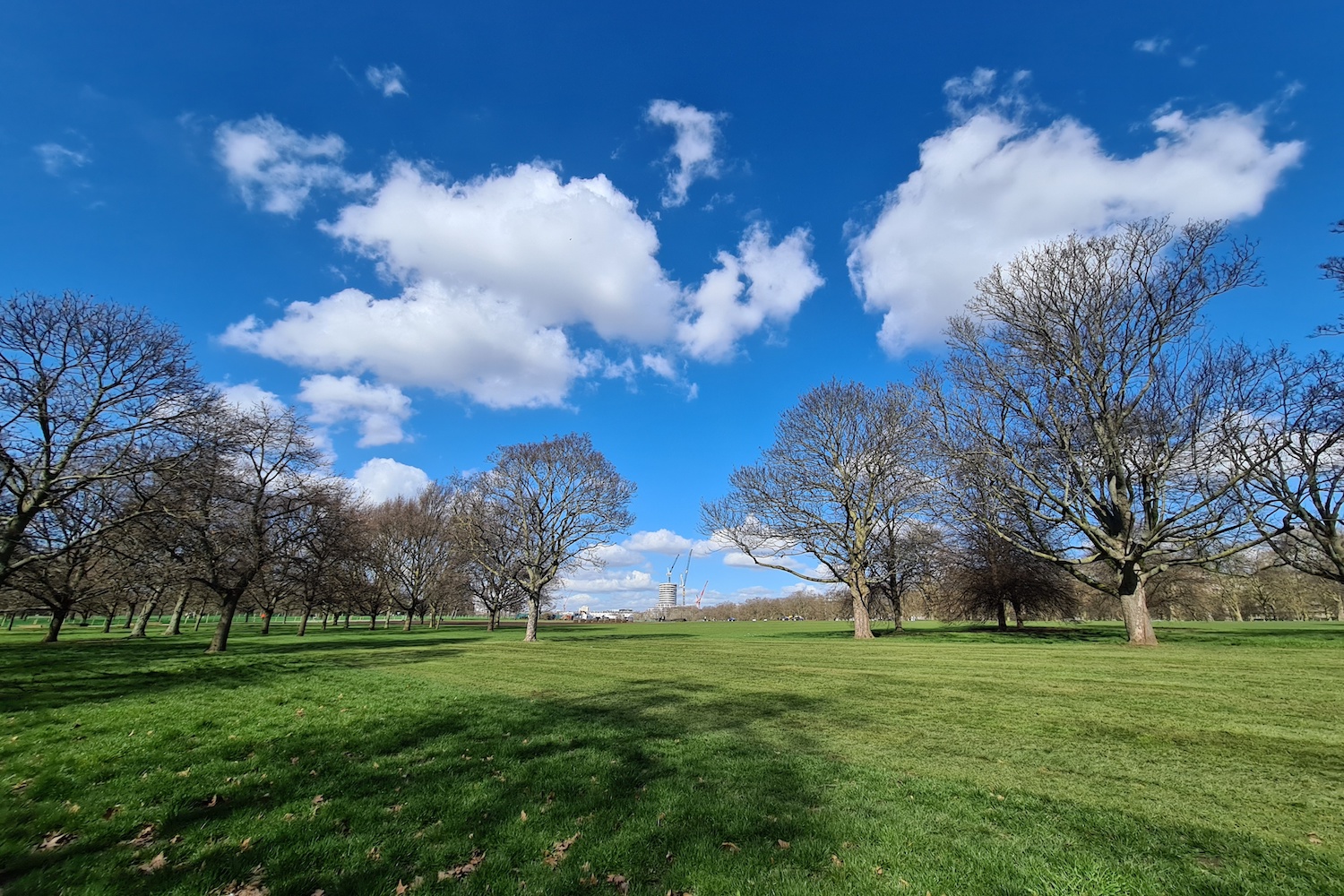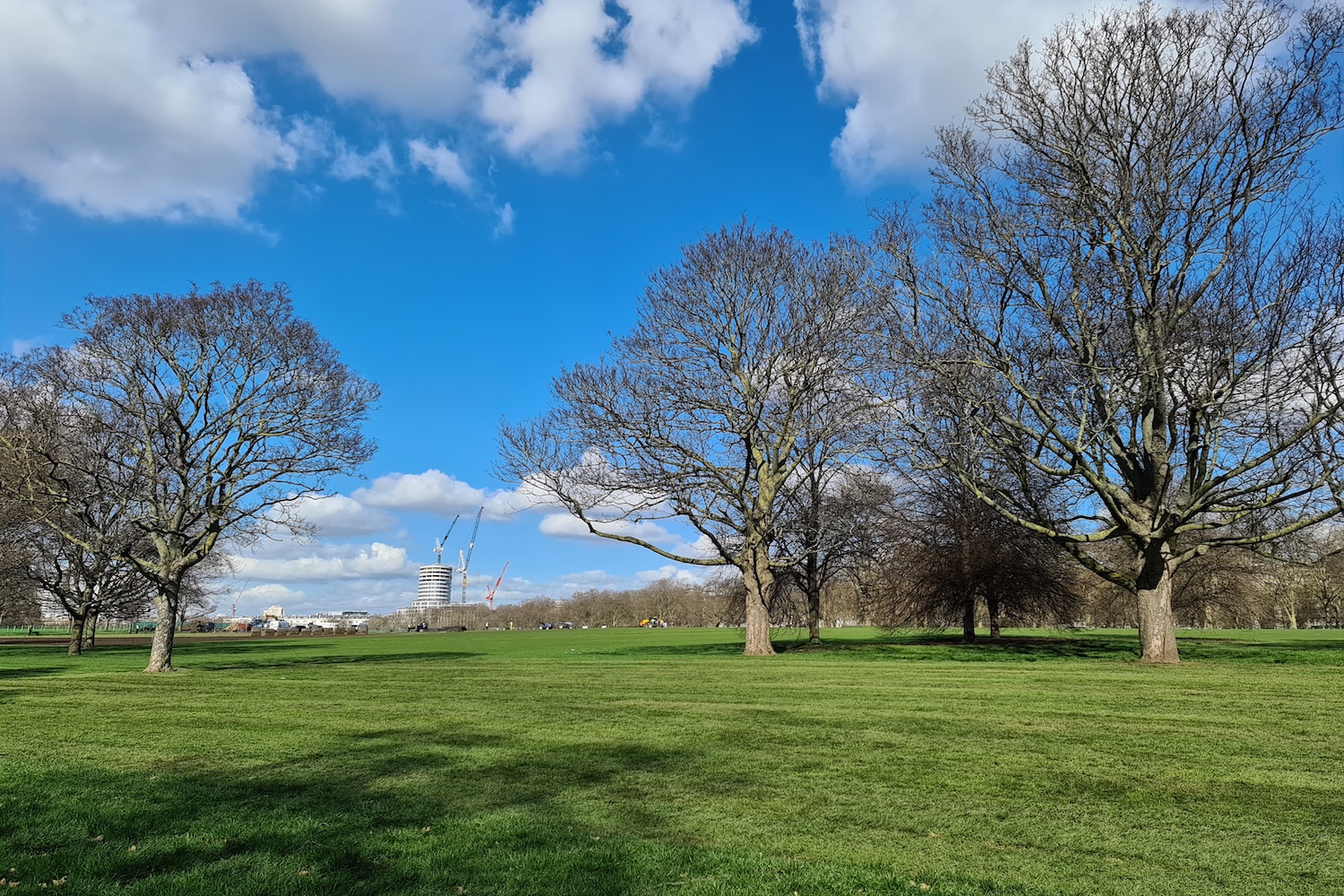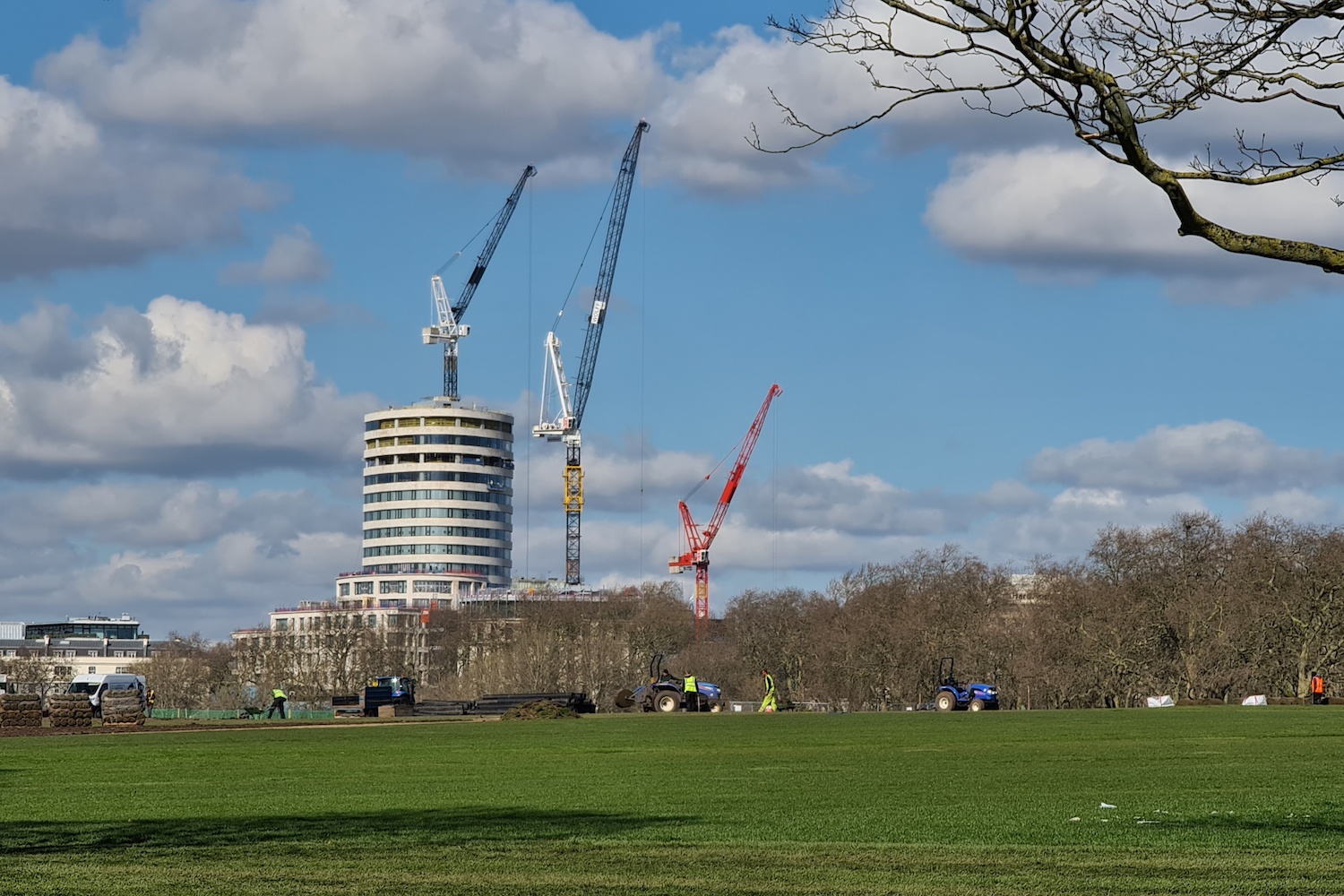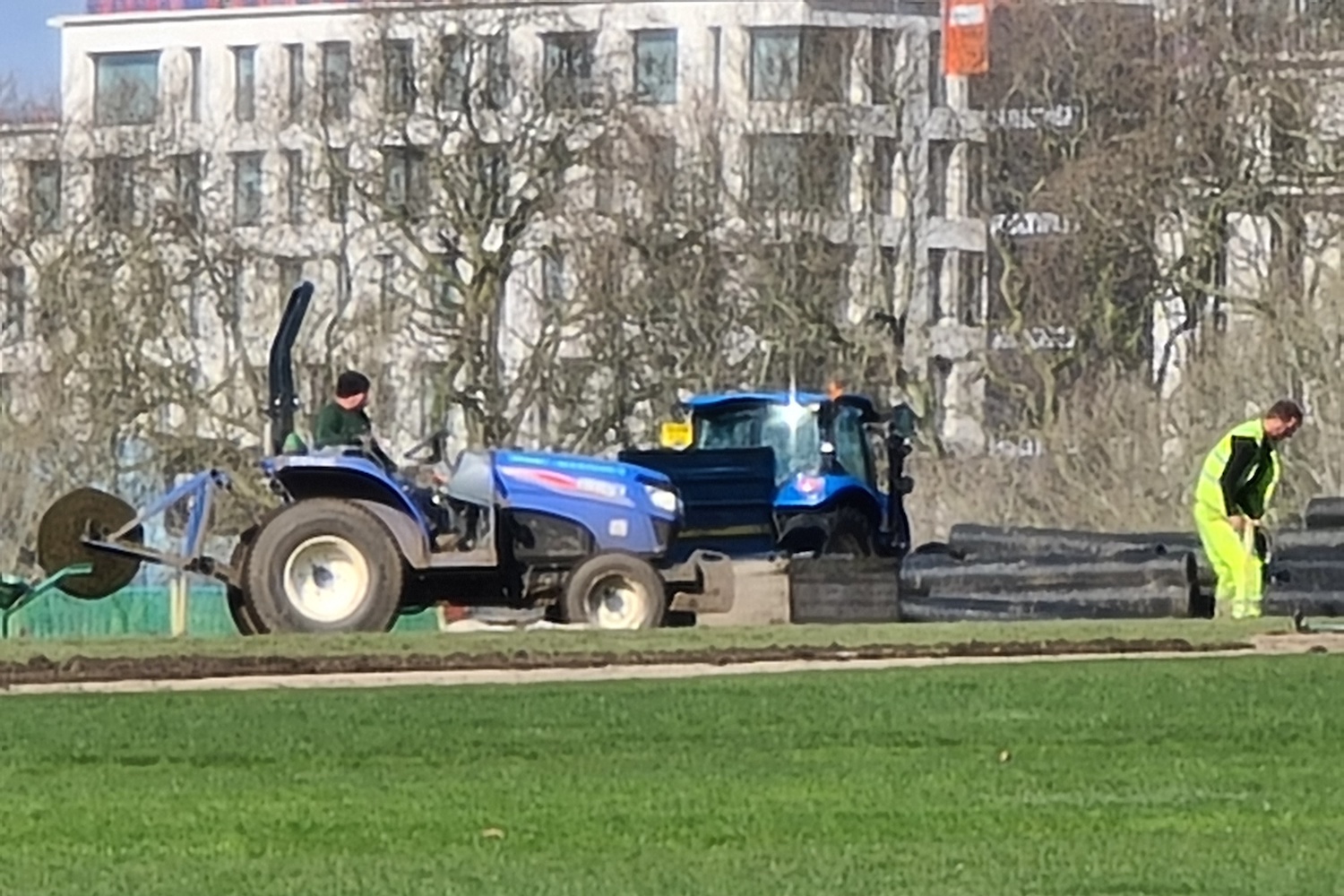The Samsung Galaxy S20 Ultra has one of the most capable camera systems we’ve seen yet, and if you’ve just bought the phone, you’re going to want to learn how to get the best from it. After extensive time with the Galaxy S20 Ultra, snapping away happily, we’re pleased to bring you the most comprehensive guide on how to do exactly that.

If you own the Galaxy S20 or S20 Plus, many of the tips apply to those two phones as well, provided you know the differences between all the new phones. To find out, we’ve got a guide on the differences between the S20 and S20 Plus, and the S20 Plus and S20 Ultra.
Turn on these Galaxy S20 Ultra camera options
Before you do anything at all, head over to the Settings menu and make sure the following options are both active. They will make the experience a lot better. The Settings menu is found under the cog icon in the top left of the screen when you open the camera app on the S20 Ultra.
First, activate Shot Suggestions. This uses artificial intelligence to guide you on what may be the best shot composition for the scene in front of you. It guides you using opaque blobs and a spirit level-style straight line, which when lined up provide what the phone thinks is the best position. It’s obvious when you get it right as the blobs align and turn yellow.

You don’t have to use the suggestion, so don’t let it turn you into a shutter button zombie, but it’s interesting to get the phone’s “opinion,” especially if you’re a photo newcomer. If nothing else, the spirit level-style artificial horizon is very useful to make sure the phone is perfectly level, unless you don’t want it to be.

Next, turn on the grid. If you want to frame and compose your own photos, then using a grid is essential, as it provides a visual guide to help you stick to the rule of thirds. Look for the option called Grid Lines on the S20 Ultra; it’s found under the Settings cog menu. You need to scroll to the end of the list to find it.
Add Night mode and Live Focus mode
If you’re coming from another Samsung phone and are worried the S20 Ultra does not have the Live Focus mode or a Night Mode, it’s OK — they’re just hidden under the More menu. It’s easy to add them back in to the main camera menu too. Tap More from the list of available modes above the shutter button, then the little pen icon, and finally drag the photo modes you want down into the selector bar. You can arrange them to your liking in the list at this point too.
Try out the Galaxy S20 Ultra’s 108-megapixel mode
The Samsung Galaxy S20 Ultra has a massive 108MP main lens, and although the camera defaults to taking 12MP photos, you can take giant, full-resolution images too. Along the top of the viewfinder you’ll see an icon that’s likely marked 3:4 (or 4:3 if you’re holding the phone in landscape), which represents the aspect ratio. Tap this, and you’ll see an option marked 3:4 108MP or 4:3 108MP. Select this to take full-resolution photos. These images measure 12,000 × 9,000 pixels, and can take up a minimum of 10MB of storage space each.
Use the Galaxy S20 Ultra’s Single Take mode
We’ve got a separate guide on how to use this excellent mode, but why do we think it’s so good? Single Take takes the worry out of missing the moment by making use of the camera’s multiple modes and features, but only requires you to point the camera in the right direction. For example, when you activate Single Take, you record a video of whatever is happening, and the camera creates shorter videos, stills, filtered images, and shots in different aspect ratios for you.

It’s really easy to use and great for people who want to capture one-shot moments involving people, pets, or anything that moves around. When you open the camera app, Single Take is the option to the left of the Photo mode in the selector above the shutter button.
Shoot 8K video and take a 33-megapixel still photo
The Galaxy S20 Ultra has the incredible ability to shoot 8K resolution video. Select Video in the camera app, which is to the right of the Photo mode above the shutter button. Then, look along the top of the viewfinder for the icon marked 9:16, or 16:9 if you’re in landscape. Tap it and then select the 9:16/16:9 8K option. You’re now ready to shoot 8K video.

When you’re in this mode, you can’t use the wide-angle or telephoto options, and if you turn on the Super Steady image stabilization, it reverts back to the default video resolution. Also, be careful about shooting all your video in this high resolution, because it takes up quite a lot of storage space. Just one 60-second clip can take up at least 600MB.
A really cool additional feature when shooting 8K video is the chance to take 33MP stills. Look for the separate white shutter button floating over the view screen. Tap this, and you’ll take one of these shots. They look superb on the phone’s screen too, really full of color and vibrancy. Even if you don’t have an 8K television, don’t dismiss using this feature on the S20 Ultra.
Use the Galaxy S20 Ultra’s 100× zoom
The Galaxy S20 Ultra’s zoom mode is crazy. It can go from wide-angle to 100× zoom with just a few taps of the screen. While we don’t think you’ll use the 100× zoom feature very often, anything up to 10× is really impressive, and 30× is decent too. Here’s how to use it.

With the camera held in landscape orientation, the usual magnification icons are on the right of the viewfinder. Tap the lower icon to switch to the wide-angle lens, or the upper icon to instantly go to 5× zoom. Because 5× zoom can be very close indeed, Samsung has added in a really good extra set of zoom icons to the right when the 5× is activated. Here you can return to the standard lens or quickly choose a 2× or 4× zoom. It’s very helpful, and a great piece of software design that few others make so simple.
Want to get closer than 5×? The same zoom menu provides the 10×, 30×, and 100× shortcuts. Tap each to activate, but don’t expect much in the way of clarity from 100×. The 30× zoom though is surprisingly good, provided you use it to zoom in on objects that are far away. Anything that’s quite close suffers from pixelation.
Want a little more control over the zoom? To activate the granular zoom mode, where you can fine-tune the amount of zoom, tap and hold the zoom icon. A scale will appear, which can be swiped up and down to advance or decrease the zoom level by a 0.1 step. When you reach 20× zoom, Samsung overlays a standard view viewfinder window in the top left of the screen, making it much easier to locate a subject even at high levels of zoom. Very helpful.
Create your own filters
In addition to using Samsung’s collection of filters to alter the look of your photos, you can also use one of your own existing images to create a special, one-of-a-kind filter. To try it out, tap the Filter icon in the top right of the screen in portrait orientation. It defaults to adding one of Samsung’s own filters to the live viewfinder, and these can be switched using the selector at the bottom of the viewfinder.
At the top of the viewfinder, tap the My Filters button. A guide should appear if it’s the first time you’ve used the feature, but it doesn’t explain it very well. Dismiss it, and look for the big plus icon at the bottom of the screen. Tap this, and you’re taken to your gallery, where you can select a photo the software will then use to create the special filter.
It automatically creates and adds the filter at this time, and you can compare the difference between photos by tapping and holding on the viewfinder’s main screen. If you like the effect, tap Save Filter and give it a name to add it to your library. It’s now permanently available in the My Filters menu, and to keep it active and still use the camera’s features, just tap the back button to return to the main screen. You’ll see the filters icon in the top right will glow yellow when it’s active. To cancel, tap it and change the filter back to the Original setting.
Have fun with the Galaxy S20 Ultra’s selfie camera
Samsung has given selfie fans the option to use almost all the features available on the rear camera around the front too. It has a wide-angle mode, and you can use Single Take mode, Live Focus, and add filters (including the My Filters) too. Because the Galaxy S20 Ultra is a big phone, it’s a good idea to use the built-in gesture-controlled shutter when taking selfies.

With the camera in selfie mode, simply raise your hand with the palm open and show it to the camera. A yellow square will show you it has recognized the gesture, and a countdown will begin. Use those few seconds to put your hand down, and the phone takes the selfie automatically. It has worked very well in our tests, and stops you having to juggle the phone to reach the button yourself.
It should be active out of the box, but to make sure, go to Settings and scroll down to Shooting Methods, tap it, and make sure the switch for Show Palm is turned on. Under this same section, you can turn on the voice activation and floating shutter button too.
Enjoy taking photos on Samsung’s Galaxy S20 Ultra.









